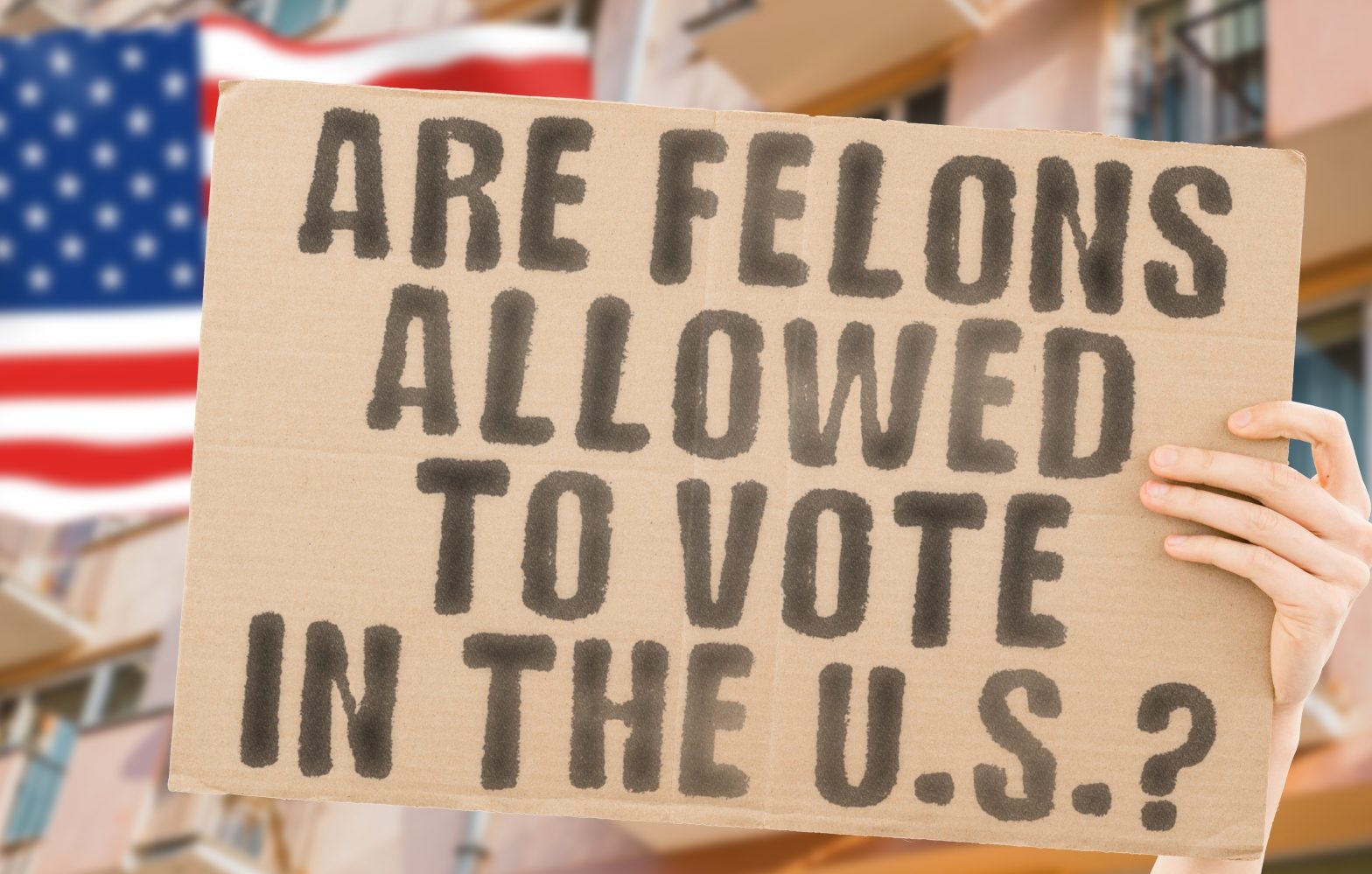A recently introduced piece of legislation seeks to challenge the prevalent practice of disenfranchisement in federal elections in the United States, particularly affecting the voting rights of incarcerated individuals.
The Inclusive Democracy Act aims to address the systemic issue by restoring voting rights to incarcerated citizens, allowing them to actively participate in federal elections.
During a discussion on Wednesday, Representative Ayanna Pressley emphasized the ongoing challenges related to disenfranchisement, drawing parallels to the Civil Rights movement.
Pressley shared a personal connection to the issue, recounting the absence of her father, Martin, during her formative years due to the criminalization of his addiction. She added that it was incredibly destabilizing for their family. She felt their father was discarded, was treated as if he were disposable, and was alienated from society.
Senator Peter Welch expressed in a statement that the Inclusive Democracy Act is designed to assist voters who have been unjustly “robbed of their right to participate in our democratic process.”
Welch highlighted the importance of full participation in the democratic conversation about community, state, and world issues through voting.
According to the Sentencing Project, an estimated 4.6 million Americans face disenfranchisement due to felony convictions.
State laws differ on the voting rights of individuals who have served time in prison. People with felony convictions are now prohibited from voting in 48 states. The only two states that let prisoners cast ballots are Maine and Vermont. In the most severe situations, 11 states still refuse some or all individuals who have successfully completed their jail, parole, or probationary sentences the ability to vote.
Danielle Lang, the senior director of voting rights at the Campaign Legal Center, commended the legislation, urging Congress to pass it. She highlighted the predicament of individuals behind bars who are yet to be convicted but lack a meaningful way to participate in elections.
However, a significant partisan divide exists on the issue of restoring voting rights for formerly incarcerated individuals. According to a 2019 study by Ragnar Research Partners, the majority of Republicans are opposed to the idea, while many Democrats support it. The study found that the formerly incarcerated are four times more likely to be Democrats or unaffiliated with any political party.
Senator Welch concluded by acknowledging a real problem in the country—a significant effort to keep people away from the ballot box.
Source: https://www.aol.com/legislation-allow-incarcerated-citizens-vote-000829784.html
